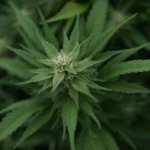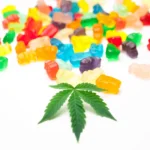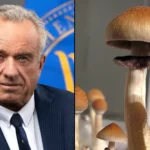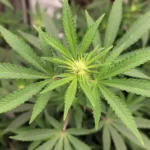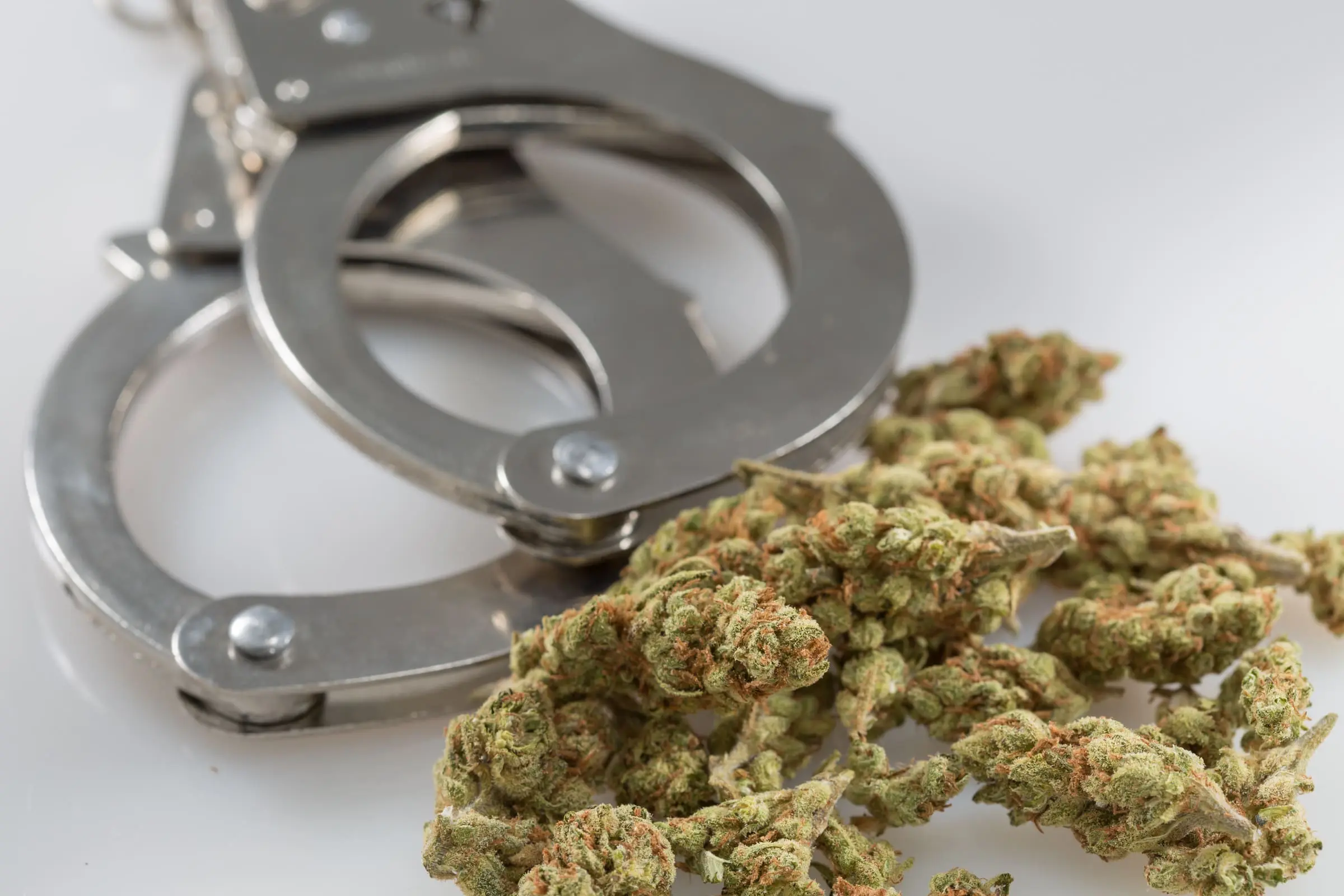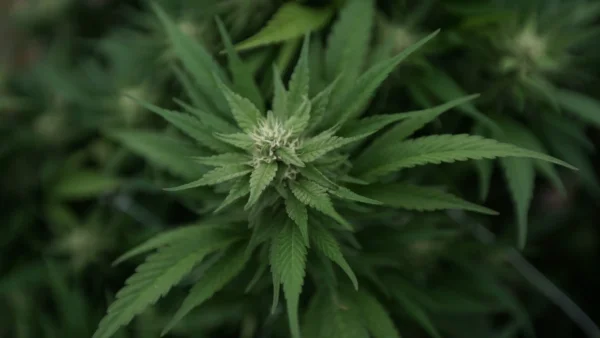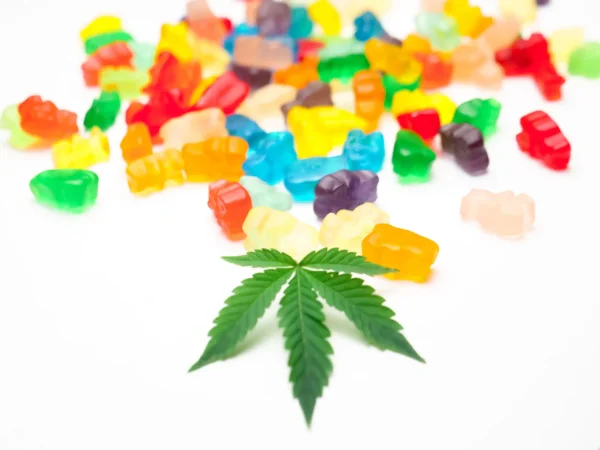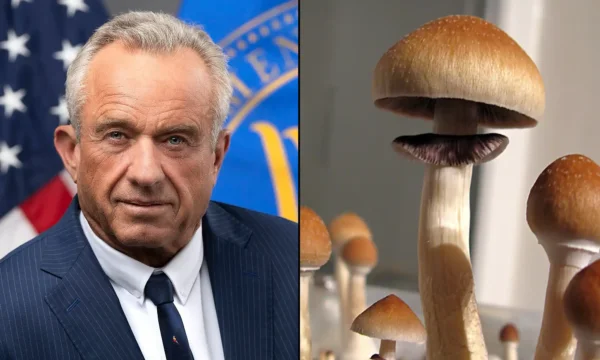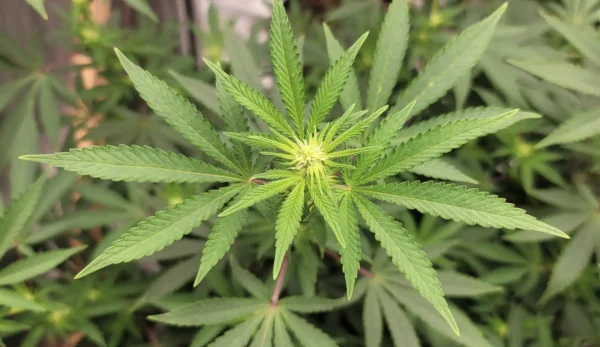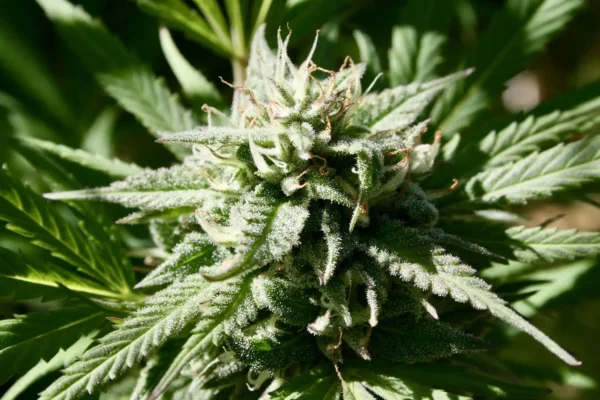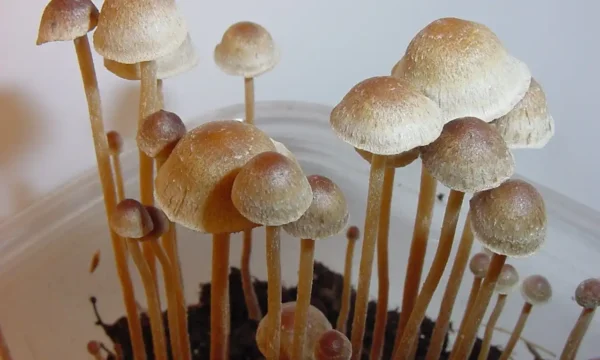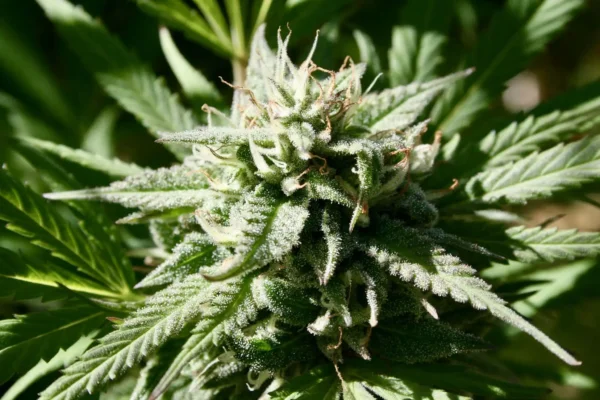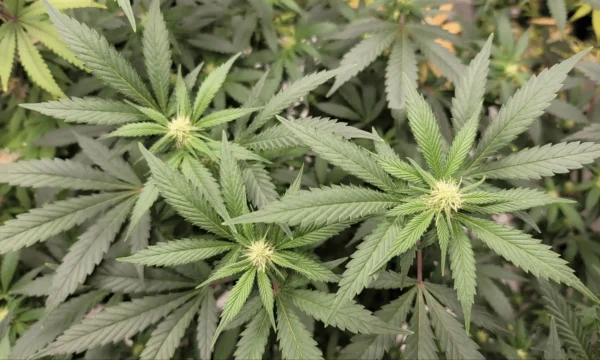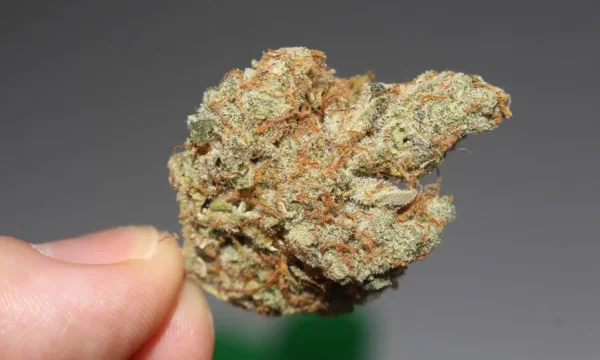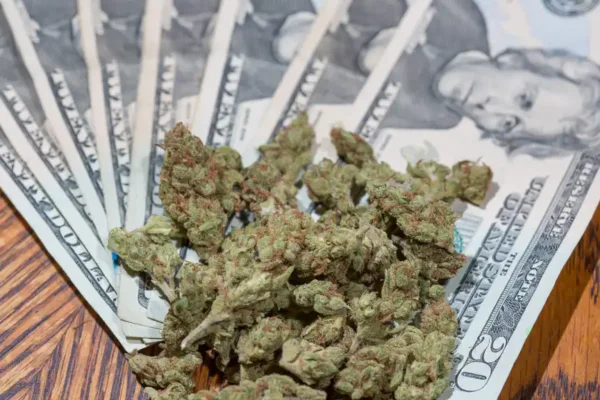Kansas Law Enforcement Launches Raids Against ‘Brazen’ Cannabis Sales In Storefronts
Kansas marijuana crackdown. That’s the headline and the vibe: unmarked cars at noon, badges flashing under fluorescent lights, and the kind of tense, strip-mall quiet you only hear when the register stops ringing. In a coordinated sweep, state agents and local police raided 10 smoke and vape shops across six cities, promising more to come. The message from the dais in Topeka was blunt—Kansas isn’t joining its neighbors’ legal cannabis parade, not yet, and certainly not through a side door marked “hemp.” Officials framed the raids as a public health intervention, zeroing in on THC products—pre-rolls, flower, vapes, even teas—that they say have flooded the Kansas cannabis market with potency levels that would make your grandfather’s brick weed weep.
Here’s the official narrative: enforcement went soft, retailers got bold, and teens paid the price. The 2018 Farm Bill cracked the window for hemp, and a gust of entrepreneurship blew in—delta-8, delta-10, “legal” THC analogs, and, increasingly, products that authorities allege are not analogs at all but classic high-THC cannabis sold in plain sight. Kansas’s top cop and the KBI chief say they’ll test the seized products in state and private labs, but the thrust of their argument is cultural as much as chemical. This isn’t the mythic ditch weed era; this is concentrated, modern, lab-boosted THC. As one official put it, these aren’t sleepy hippie edibles—they’re closer to a one-way ticket to the deep end.
Where the hammer fell
Authorities hit shops in Concordia, McPherson, Pratt, Salina, Topeka, and Wichita—targets selected in coordination with local prosecutors. According to a KBI bulletin, the seized inventory will head for lab analysis to sort hemp from illicit THC and to establish potency that could elevate charges. The list reads like a tour of everyday American commerce—fluorescent aisles, glass cases, neon open signs, and now, evidence tape.
- Two EZ Smoke and Vape locations in Wichita
- Whiskey River Trading in Pratt
- Cigarette Outlet in Pratt
- Pratt Tobacco and Vape in Pratt
- Space Out Smoke Vapor & Tobacco in Salina
- Vapor 100 in Salina
- Mountain Gypsy Vape Shop in Concordia
- The Hanging Leaf in McPherson
- Sacred Leaf in Topeka
More raids were promised over the following 48 hours—an unmistakable signal that the period of “intermittent” enforcement, as officials politely phrased it, is over. And while they emphasized crime prevention and youth health, the subtext was regulatory clarity by force: if it looks like weed, costs like weed, and markets like weed, Kansas is going to treat it like weed—because in this state, it’s still illegal. Read the KBI notice here: state bulletin on shop raids.
One state’s crackdown, another’s recalibration
Step a few miles over the state line—Missouri, Colorado, Oklahoma—and the cannabis industry is legal, taxed, and arguing about zoning. This patchwork is the American way in 2025: a Choose Your Own Adventure where the stakes include your liberty and your supply chain. Courts and lawmakers elsewhere are carving different paths. In Florida, for instance, a recent ruling tightened the leash on pretextual policing by holding that the smell of marijuana alone isn’t enough to justify a vehicle search. See: Florida Court Blocks Police From Using The Smell Of Marijuana Alone To Search Vehicles. Meanwhile, in New York, legislators are publicly weighing the therapeutic promise of psychedelics—an entirely different tone than Kansas’s podium thump—at hearings like New York Lawmakers Hold Hearing Psilocybin’s Medical Benefits Amid Broader Debate Over Psychedelics Reform. And the medical case for cannabis won’t vanish because of a few press conferences: patient surveys consistently show reduced pain and lower reliance on opioids when access is allowed, as summarized in Medical Marijuana Effectively Treats Chronic Pain And Helps Patients Reduce Prescription Drug Use, Survey Shows. Kansas is betting that stricter enforcement will deter youth use and untangle the hemp loophole; whether it will also stoke demand in illicit markets is the oldest riddle in drug policy reform.
The Farm Bill gray zone and what comes next
At the center of this fight is a semantic knife-edge: hemp versus cannabis. The 2018 Farm Bill legalized hemp with less than 0.3% delta-9 THC by dry weight, and chemists did the rest—converting CBD into psychoactive cousins and designing products that thread the needle. Kansas officials say retailers pushed past the edge, retailing not just hemp derivatives but straight-up marijuana flower and high-THC vapes. If prosecutors prove that in court, it won’t be a hemp story at all—it’ll be a standard drug case dressed in retail lighting. But until Congress rewrites the Farm Bill or the state legislature crafts a modern cannabis framework, this gray market will keep flickering. Across the map, businesses are testing boundaries of interstate commerce too, like in the challenge detailed here: Oregon Marijuana Business Files New Lawsuit Challenging Ban On Interstate Cannabis And Hemp Commerce. For Kansas retailers, the immediate calculus is simple: compliance, closure, or court. For consumers, it’s whiplash—abundance across the border, scarcity at home. If you want products that respect the letter of the law and the spirit of quality, end the guesswork and shop where compliance and craft meet: visit our store at https://thcaorder.com/shop/.

